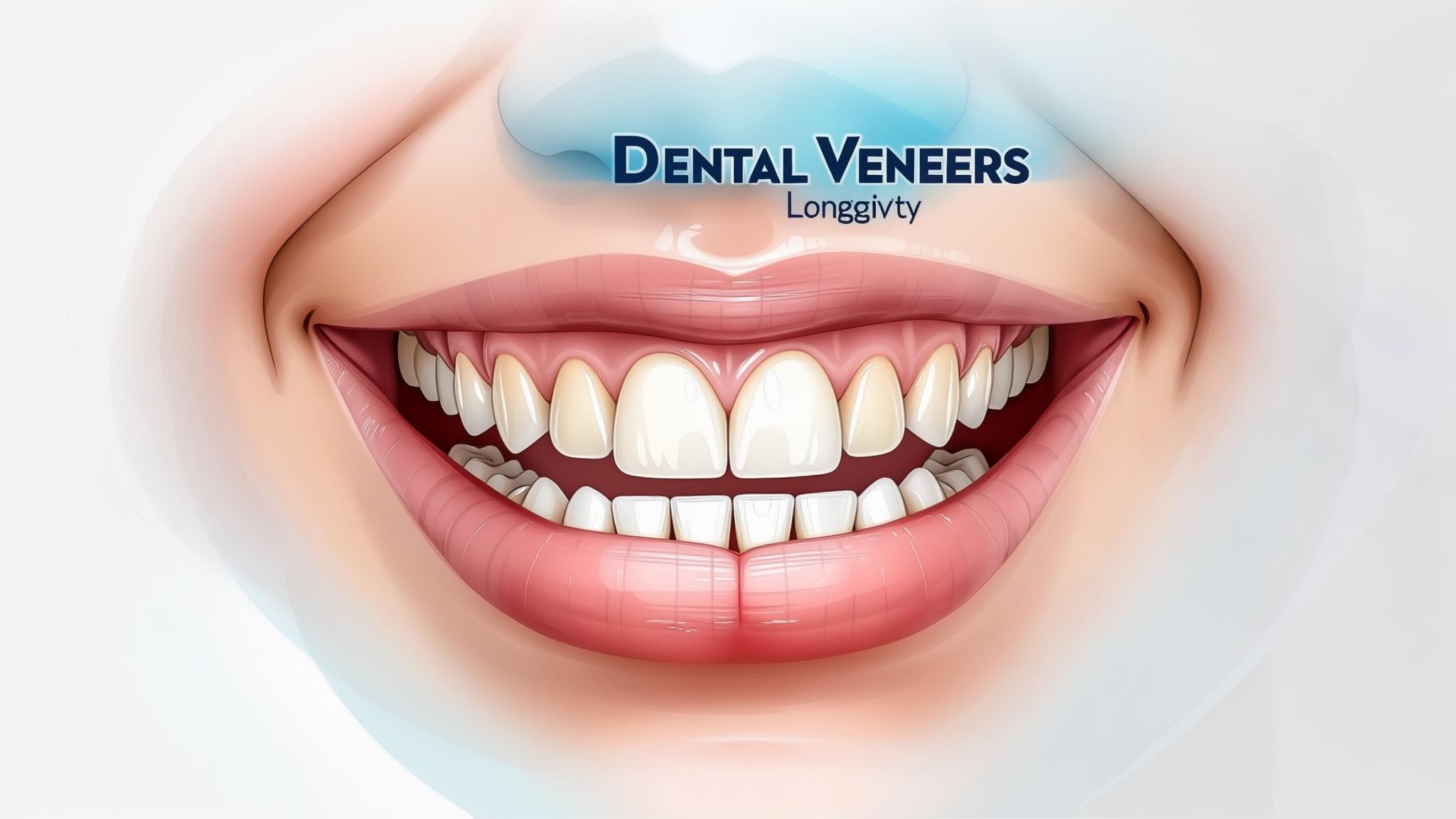Cosmetic Dentistry: A Growing Trend
Cosmetic dentistry has become increasingly popular as people seek to enhance their smiles and boost their confidence. Among the various cosmetic dental treatments, veneers stand out as a favored option for achieving a flawless smile. Veneers are thin shells placed over the front surface of teeth to improve their appearance, correcting issues like discoloration, chips, or gaps. However, it's crucial to understand the permanence and maintenance of veneers before deciding if they're the right choice for you.
What are Veneers?
Veneers are custom-made shells, typically crafted from porcelain or composite resin, designed to cover the front surface of teeth. The process of getting veneers involves several steps:
- Consultation: The journey begins with a consultation where your dentist evaluates your dental health and discusses your cosmetic goals.
- Preparation: This involves removing a small amount of enamel from the tooth surface to make room for the veneer.
- Placement: Once the veneers are ready, they are bonded to the teeth using a special adhesive.
There are different types of veneers, including traditional veneers, which require more preparation, and no-prep veneers, which involve minimal alteration to the natural teeth.
Are Veneers Permanent?
When we talk about permanence in dental treatments, it refers to how long the results last before needing replacement. Veneers are not permanent, but they are a long-lasting solution with an average lifespan of 10-15 years. Several factors influence their longevity:
- Material: Porcelain veneers tend to last longer than composite resin.
- Oral Hygiene: Good oral hygiene practices can extend the life of your veneers.
- Lifestyle Choices: Habits like teeth grinding or consuming staining foods and drinks can shorten their lifespan.
Commitment Involved in Getting Veneers
Choosing veneers requires a commitment, starting with an initial consultation to assess your dental health. The process involves tooth preparation, which is irreversible as it includes the removal of enamel. This means once you opt for veneers, you'll need to maintain them or replace them as needed. There's also a financial commitment, as veneers can be costly and may need replacement over time.
Maintenance of Veneers
To ensure your veneers last as long as possible, maintain a robust oral hygiene routine:
- Brushing and Flossing: Brush twice a day and floss daily to keep your veneers and natural teeth clean.
- Regular Check-ups: Visit your dentist regularly for check-ups and professional cleanings.
- Avoid Certain Foods: Try to avoid hard foods and habits like chewing ice or grinding your teeth, which can damage veneers.
What Happens After Veneers Wear Out?
Over time, veneers may show signs of wear, such as discoloration or chipping. When this happens, you'll need to consider options like:
- Replacement: This involves getting new veneers to replace the worn ones.
- Alternative Treatments: Depending on the condition of your teeth, your dentist might suggest other cosmetic treatments.
It's important to note that enamel removal during the initial veneer placement can affect future dental work, making it essential to plan carefully with your dentist.
Conclusion
Veneers offer a beautiful and long-lasting solution for improving your smile, but they require a commitment to maintenance and potential future replacements. If you're considering veneers, it's vital to consult with a dental professional who can provide personalized advice and help you make an informed decision. With the right care and commitment, veneers can be a valuable investment in your smile.
References
Call to Action
If you're thinking about enhancing your smile with veneers, schedule a consultation with a cosmetic dentist today. They can offer tailored advice and explore various cosmetic options to suit your needs.

